
Once learned, typing is an unconscious task. You know what you want to type and your fingers dance across the keyboard to get it out. However, if your keyboard configuration doesn't match your typing habits, or certain keys consistently get in the way, you might benefit from disabling those keys entirely.
Windows has no native way to disable a key. Fortunately, it's easy when using the PowerToys utility. Here’s everything you need to know about disabling keyboard keys and keyboard shortcuts on Windows 11.
The PowerToys utility provides the easiest way to disable problematic keys on Windows. First, download and install PowerToys from Microsoft's website. See our guide on how to install PowerToys on a Windows PC to learn more.
After installation, refer to the section given below to disable keyboard keys as well as keyboard shortcuts.
Launch PowerToys and click Keyboard Manager on the left.
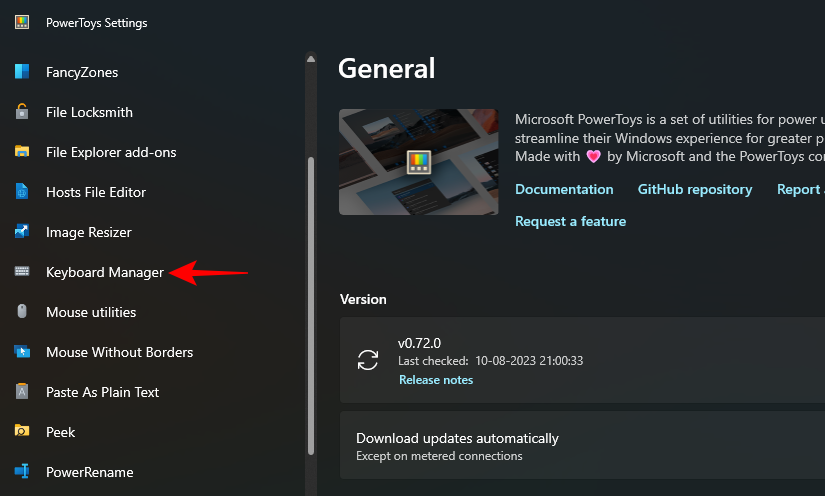
First, on the right side, make sure "Enable Keyboard Manager" is turned on.
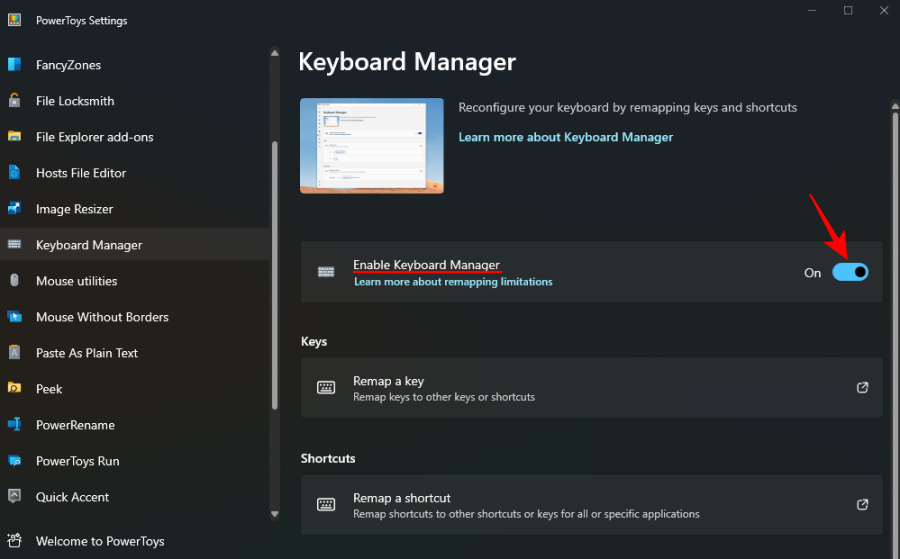
Otherwise, keymapping (and key disabling) will not apply.
Now, click Remap Key under Keys.
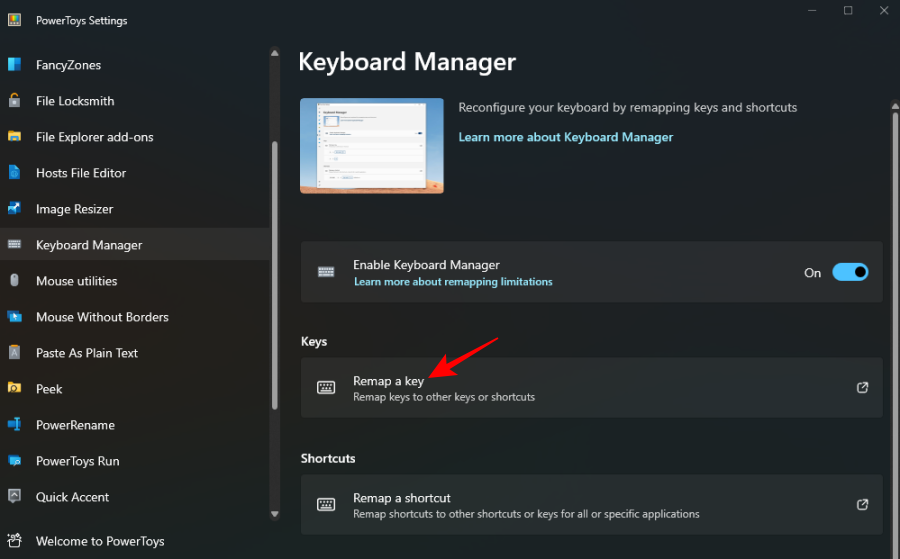
Here, click the number under "Physical Key".
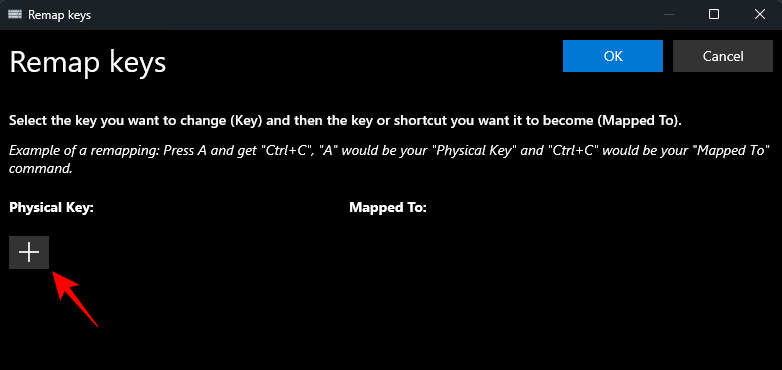
You should see the Type option appear, with a drop-down box below it. There are two ways you can enter the key you want to disable. To type a key, click Type.
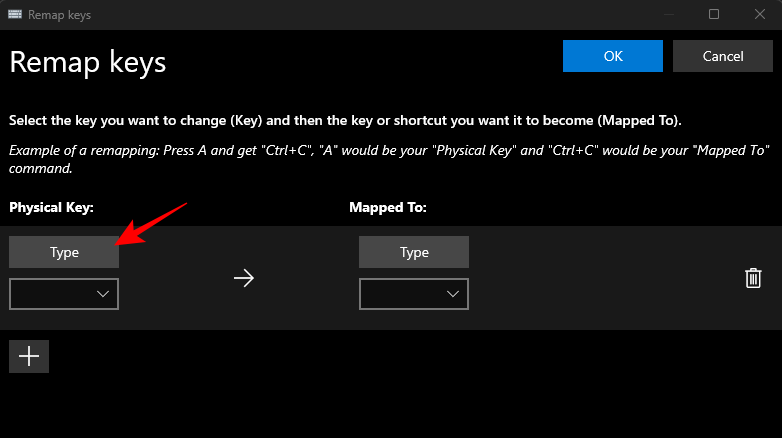
Then press the key and it should be recognized immediately.
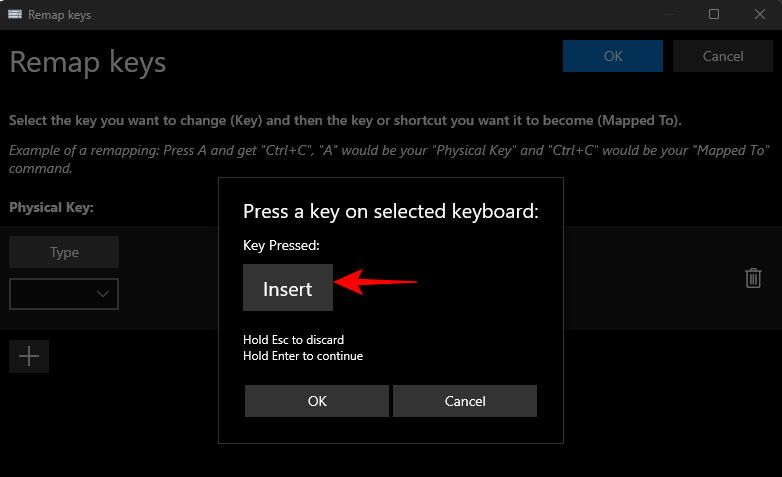
Click "OK" to continue.
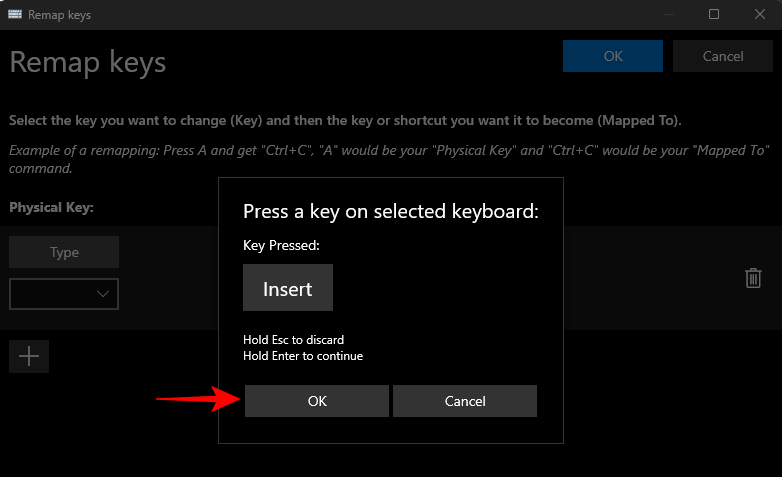
Or, if you can't type, select your key in the drop-down menu.
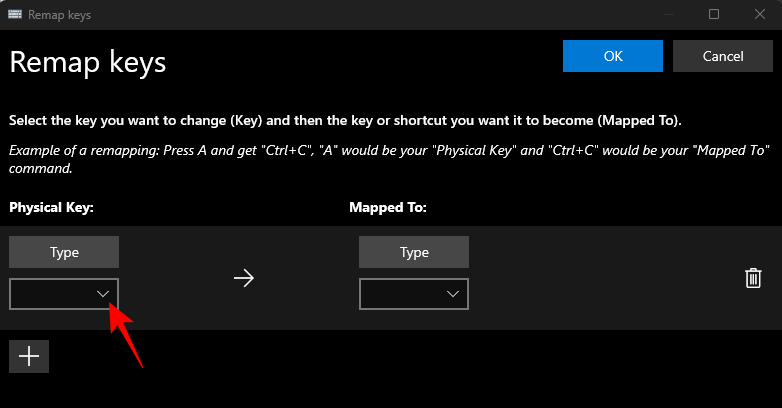
and find your key.
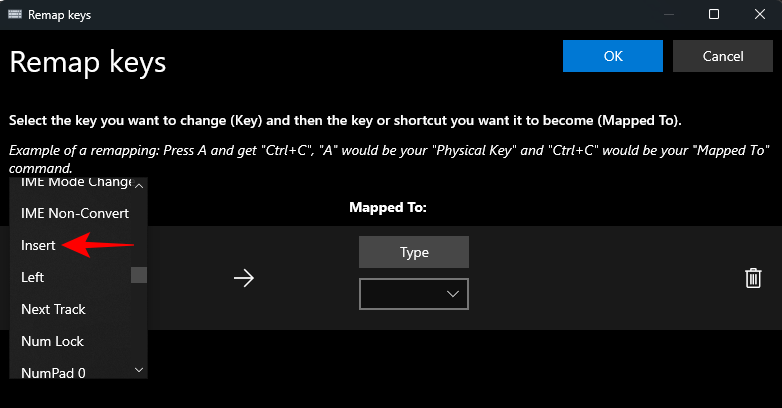
Now, click on the drop-down menu under "Map to".
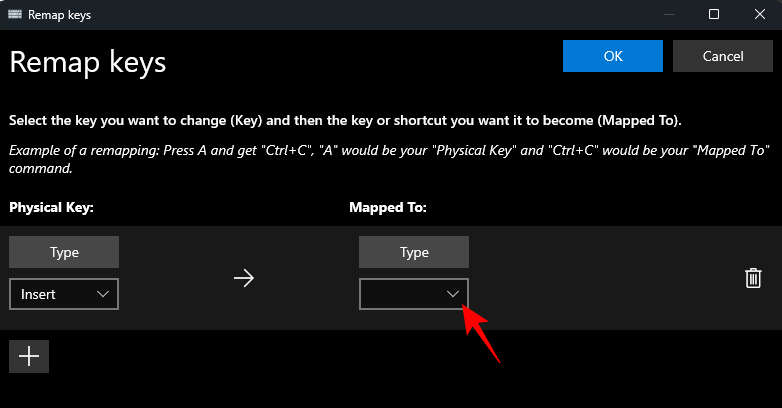
Scroll all the way up and select Disable.
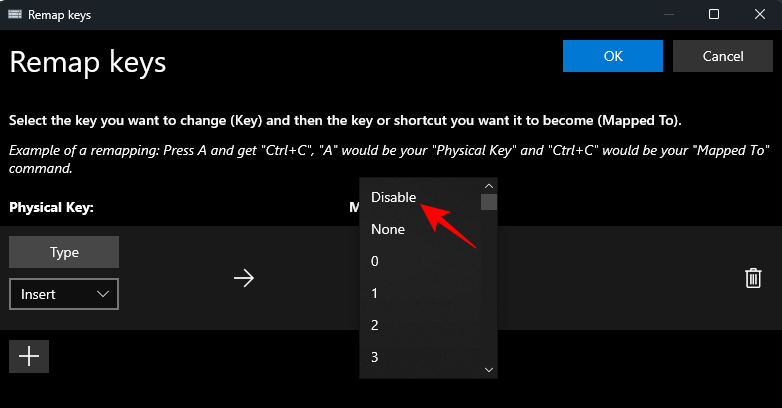
Finally, click OK at the top.
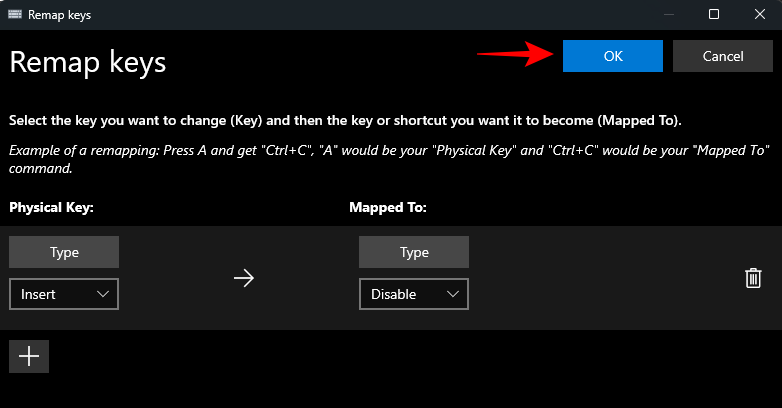
#You will be warned that the key is not assigned a value, which is what we want. Click "Continue anyway" to confirm.
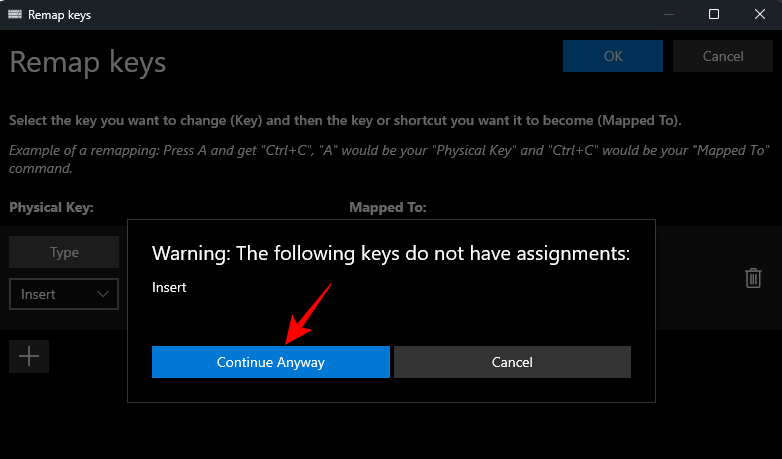
That's it, your key will be disabled. The same content will be displayed on the Keyboard Manager's home page.
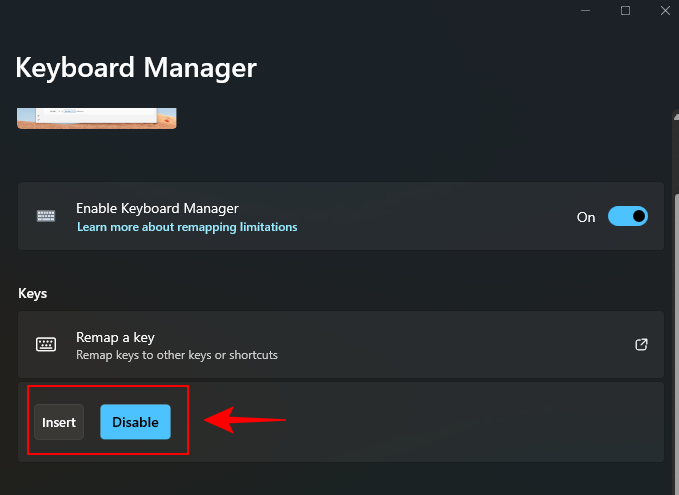
Also, if there are keyboard shortcuts that are inadvertently registered while typing, disabling them may also help help. The specific operation method is as follows:
First, click "Remap Shortcut" under "Shortcut".
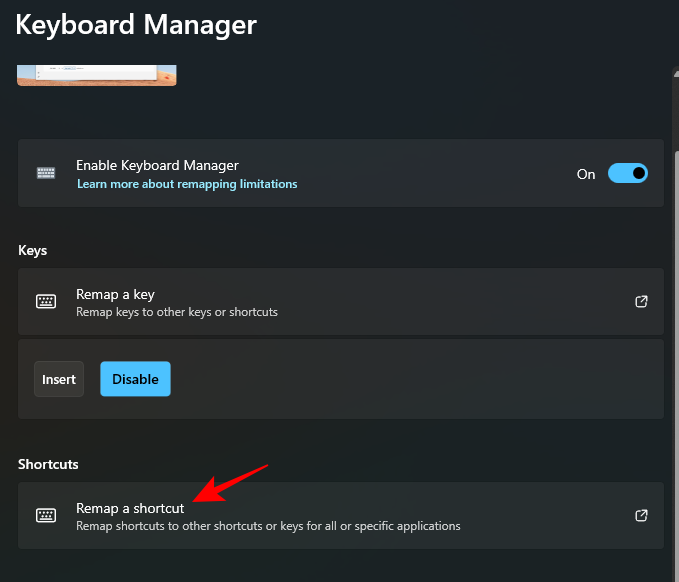
As before, click the icon under "Physics Shortcuts".
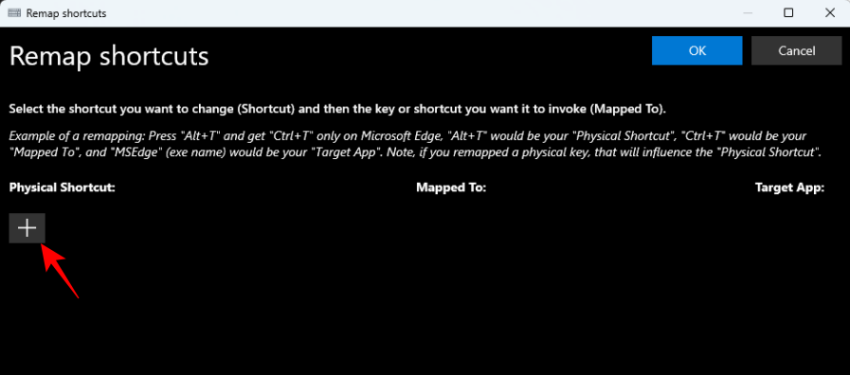
To type a shortcut, click Type.
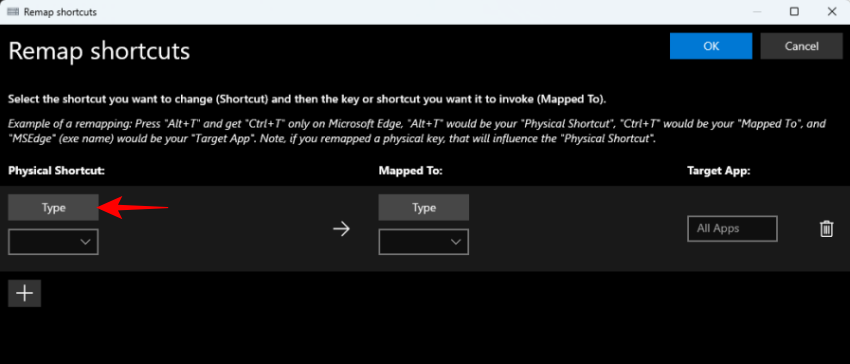
Then press the shortcut key combination you want to deactivate.
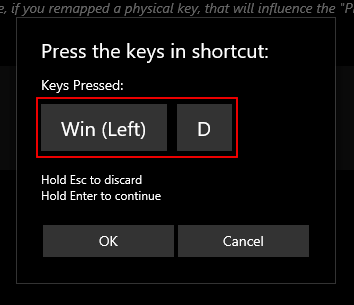
After highlighted, click "OK".
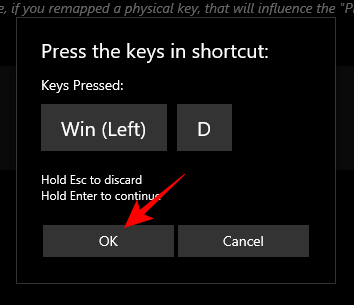
Then click the drop-down menu under "Map to".
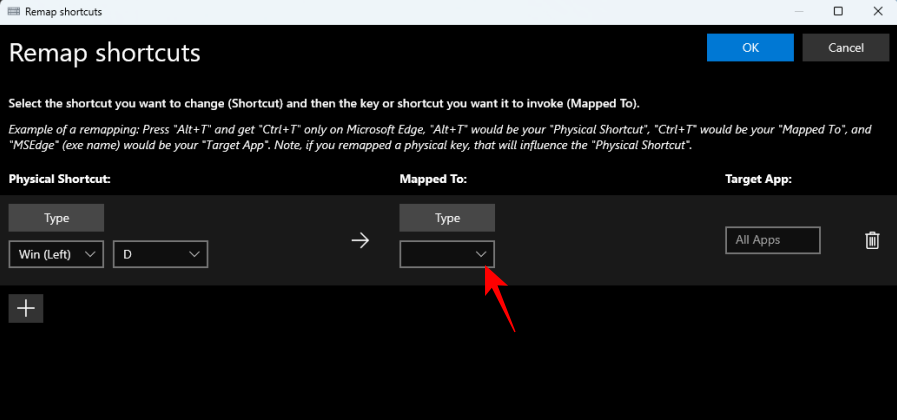
Scroll up and select Disable.
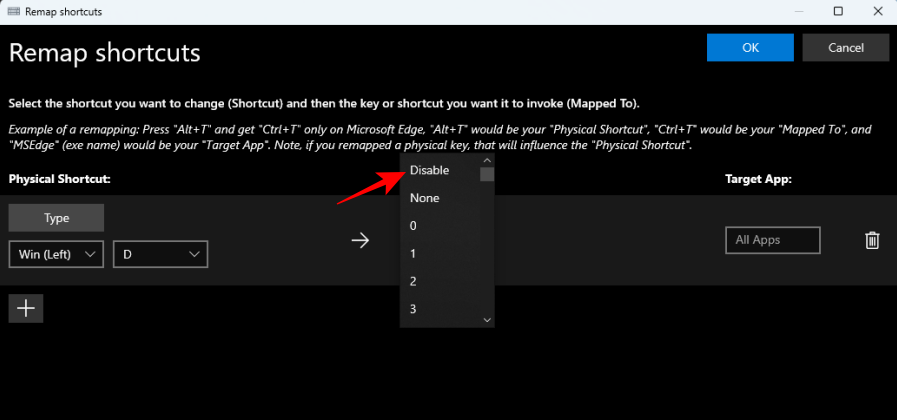
Click OK.
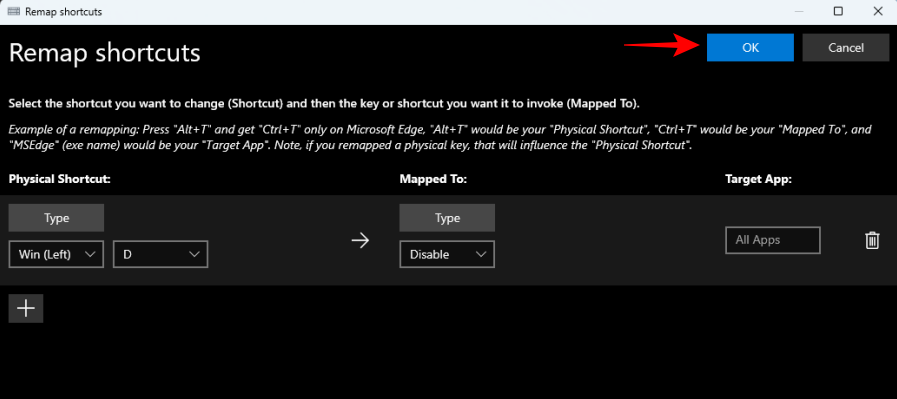
That's it! The shortcut key combination you selected is disabled.
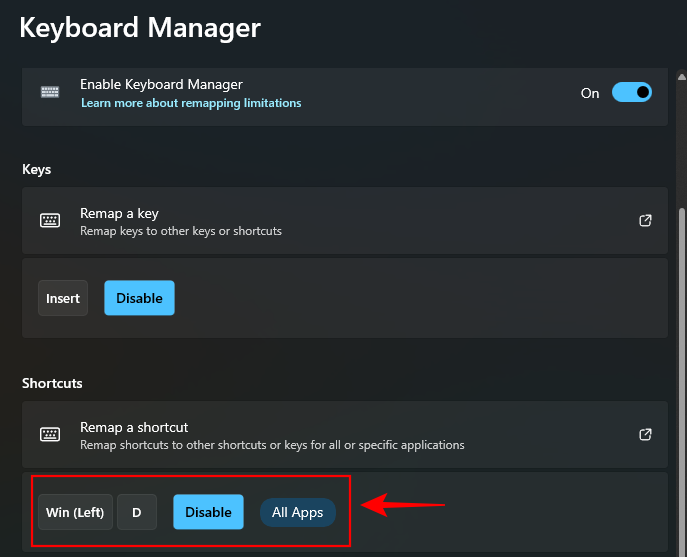
To restore disabled keys, return to PowerToys' Keyboard Manager. Then click "Remap Key" again.
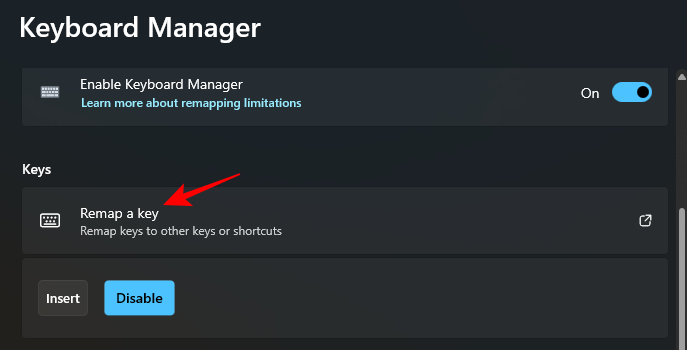
Here you will see the keys that have been remapped (or disabled). Click the trash can icon to the right of the disabled key.
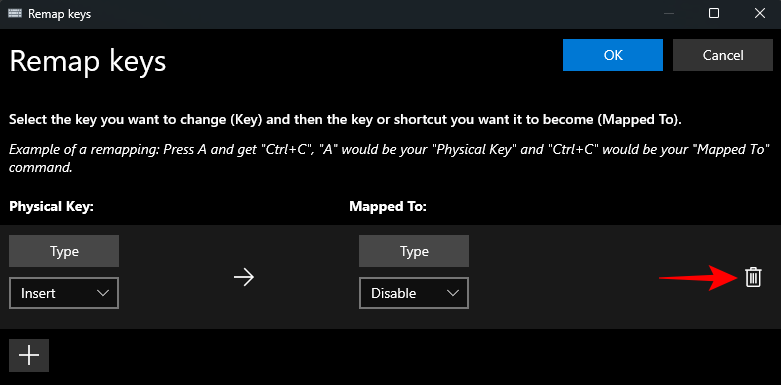
Then click OK at the top.
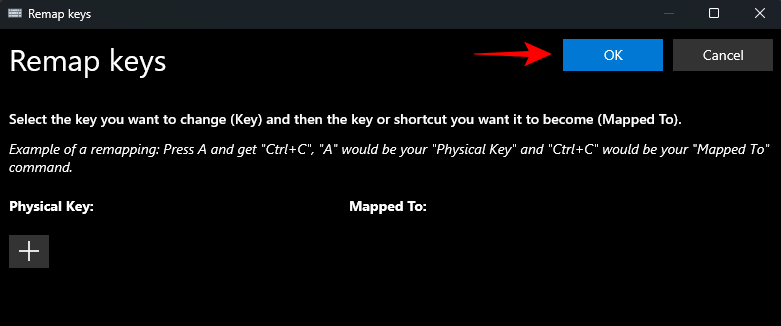
That's it, your key will be recovered. Do the same for any disabled shortcuts you want to re-enable.
Another way to restore disabled keys is to exit PowerToys and exit it from the system tray.
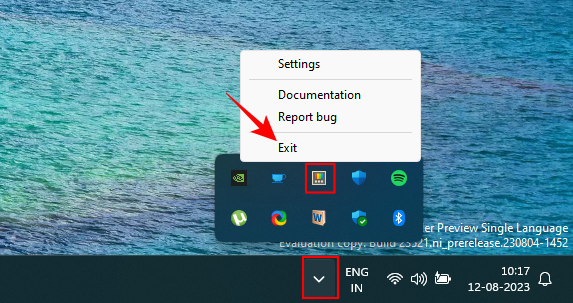
If the PowerToys utility is not running, any changes made to the key will have no effect. So if you want to quickly recover a disabled key, just exit PowerToys.
Let’s consider some frequently asked questions about disabling keyboard keys on Windows using PowerToys.
Keys can be remapped using the Keyboard Manager tool in the PowerToys app under the "Remap Keys" option. Select the keys to remap, select the target, and confirm by saving the remap operation. Make sure PowerToys is running in the background so the remapped keys work properly.
If a key is disabled, the key becomes dumb and nothing is entered when pressed.
Unfortunately, the Keyboard Manager in PowerToys does not provide any options for remapping controller keys. To change controller buttons and keybindings, you'll need a tool like DS4Windows.
The above is the detailed content of How to use PowerToys on Windows 11 to disable keyboard keys from Microsoft. For more information, please follow other related articles on the PHP Chinese website!
 Ripple future forecast
Ripple future forecast
 How to use the notnull annotation
How to use the notnull annotation
 Derivative symbol input method
Derivative symbol input method
 node.js debugging
node.js debugging
 How to calculate the refund handling fee for Railway 12306
How to calculate the refund handling fee for Railway 12306
 javac is not recognized as an internal or external command or an operable program. How to solve the problem?
javac is not recognized as an internal or external command or an operable program. How to solve the problem?
 Mango tv plug-in
Mango tv plug-in
 Network cable is unplugged
Network cable is unplugged




